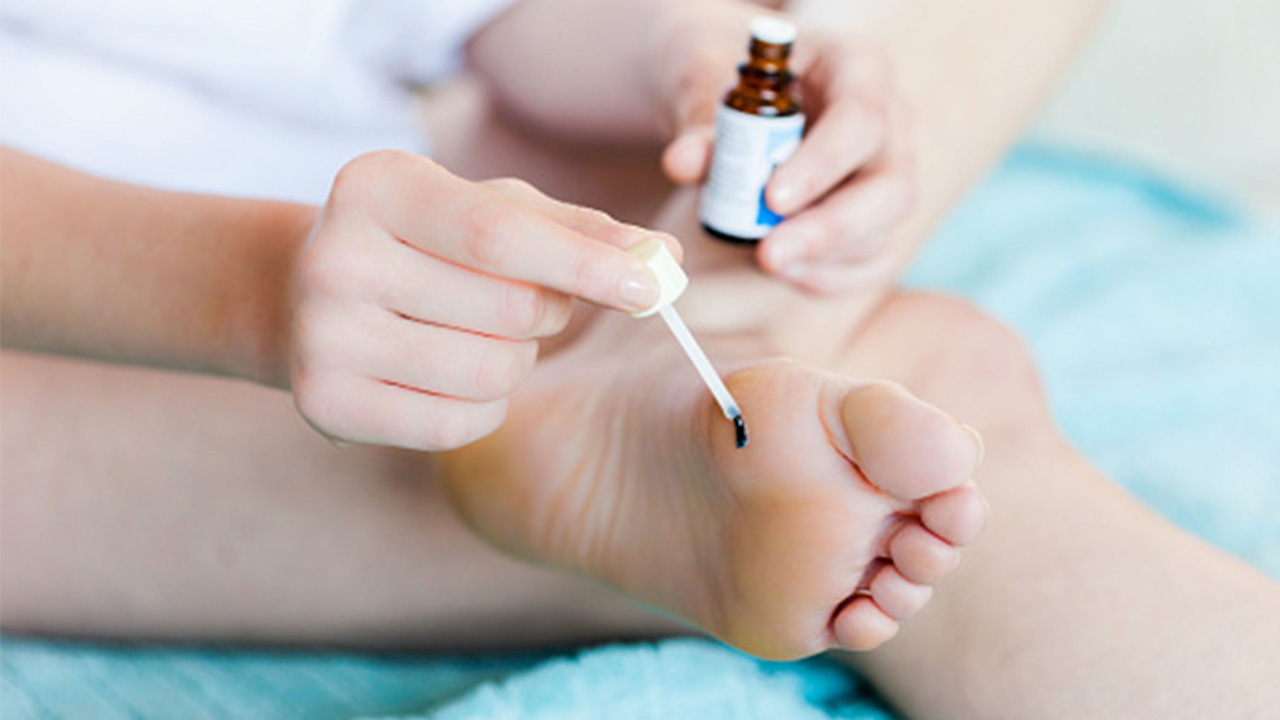Warts (verruca)

What Are Warts?
Warts (also known as plantar warts, verrucae, or verrucae pedis) are caused by a viral infection. They can occur anywhere on the body, but are most frequently found on the hands and feet. If they occur on the bottom of the foot – plantar wart – they can be very painful. They are often covered by thickened hard skin or callus and are painful when over weight bearing areas. Plantar warts may present in either single, multiple or mosaic type pattern. The mosaic type wart tends to be more resistant to treatment.
Causes of Warts
Warts are caused by a type of virus called the Human Papilloma Virus (HPV), which invades the skin through small cuts and abrasions. Other predisposing factors include the use of communal bathing facilities, sport centers, swimming pools and gymnasiums. Once the skin is infected with the virus it may remain latent within the skin, or develop into a wart, and become clinically observable.
Warts can affect any age group, but most commonly affect children and young adults. A weakened immune system may also make you more susceptible.
Warts are contagious, but the risk of passing them on to others is low. You need close skin-to-skin contact. You are more at risk of being infected if your skin is damaged, or if it is wet and macerated, and in contact with roughened surfaces. For example, in swimming pools and communal washing areas. You can also spread the wart virus to other areas of your body. For example, warts may spread round the nails, lips and surrounding skin if you bite warts on your fingers, or nearby nails, or if you suck fingers with warts on. If you have a poor immune system you may develop lots of warts, which are difficult to clear.
Reduce The Chance Warts Spreading
Don’t share towels
When swimming, cover any wart with a waterproof plaster
If you have a wart, wear thongs in communal shower rooms and don’t share shoes or socks
Don’t scratch warts
Don’t bite nails or suck fingers that have warts
Treatments
Warts may resolve spontaneously between months, and a few years, but this is unpredictable. Debridement and application of a caustic chemical is often very effective in curing warts. This may involve weekly treatment for five weeks. Freezing warts with liquid nitrogen is also popular. Curettage is usually recommended when topical chemical treatment or dry ice treatment has failed. This procedure is also used when a wart is extremely painful to treat or if the patient would prefer a one off treatment.
